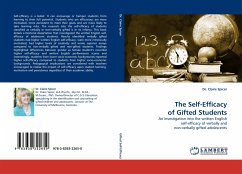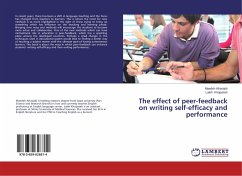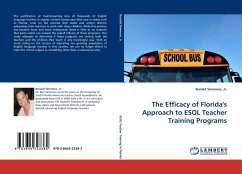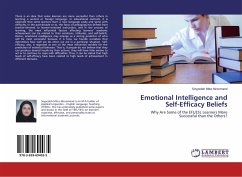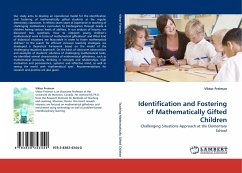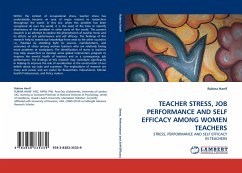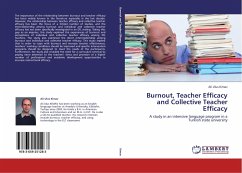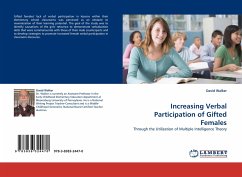Self-efficacy is a belief. It can encourage or hamper students from learning to their full potential. Students who are efficacious are more motivated, more persistent to meet their goals and are more likely to take learning risks. The research into the self-efficacy of students classified as verbally or non-verbally gifted is in its infancy. This book details a Doctoral dissertation that investigated the written English self-efficacy of adolescent students. Results identified verbally gifted students had higher written English self-efficacy, were more intrinsically motivated, had higher levels of creativity and wrote superior essays compared to non-verbally gifted and non-gifted students. Findings highlighted differences between gender as female student s recorded higher self-efficacy and written English performance scores and interestingly, students from lower socio-economic backgrounds reported higher self-efficacy compared to students from higher socio-economic backgrounds. Pedagogical implications are considered with teachers encouraged to realise the impact of self-efficacy upon student learning, motivation and persistence regardless of their academic ability.

